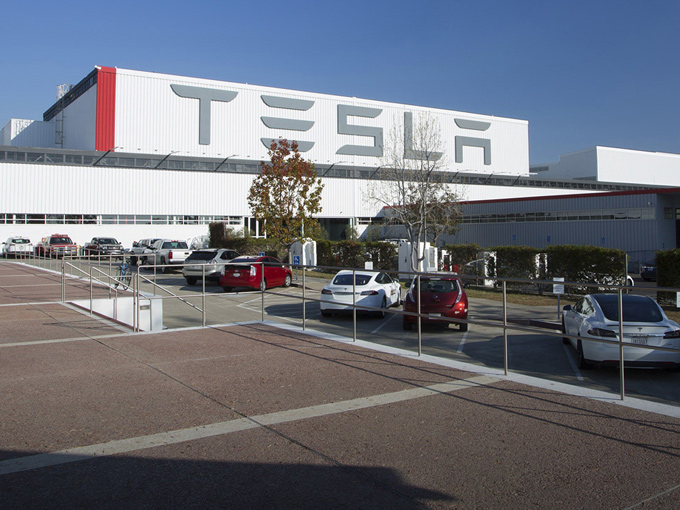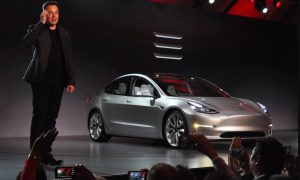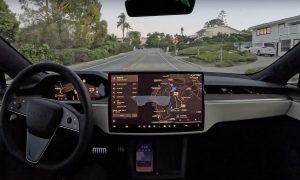The Wall Street Journal is not always friendly to Elon Musk and Tesla Motors. In an article published August 16, staff writer Holman Jenkins, Jr. suggests that Tesla is one election away from extinction. Why? Holman bases his analysis on a study of John Z. DeLorean and an economic principle known as soft budget constraints.
The study by Graham Brownlow of Queen’s University Belfast was published in October, 2014. It says one of the foundations for DeLorean’s start-up car company was the willingness of the British government to subsidize the enterprise with grants, tax breaks, government backed loans, and other political incentives.
In 1975 when DeLorean Motors began, conflict between Protestants and Catholics in Ireland was at a fever pitch. The economy of Northern Ireland was in tatters and the British government was desperate to attract manufacturing jobs to the area. DeLorean promised to do just that and the government responded with open arms.
Brownlow says the support from the government amounted to what economists refer to as soft budget constraints, meaning the company never had to turn a profit. In effect, as DeLorean boasted at the time, the government was in so deep, it had no choice but to continue funding the operation. In layman’s terms, its like having rich parents and knowing they will cover your losses no matter how foolishly you spend your money.
Jenkins says Tesla Motors is similarly positioned. It is the beneficiary of several indirect government subsidies such as federal and state tax credits, HOV stickers, and the like. He also claims the company benefits from direct government support in the form of loan guarantees and corporate tax credits. Taken together, they provide Tesla with the ability to exceed normal budgetary constraints on a regular basis.
He prefers what he would term the more traditional model, as laid out by Brownlow. “The more [an entrepreneur] expects that the existence and growth of the firm will depend solely on production costs and proceeds from sales, the more he will respect the budget constraint,” Brownlow writes.
Jenkins hints darkly that Musk’s recent decision to bring the start of production of the Model 3 forward by 2 years is a ploy designed to force the federal government to extend the tax credit program for buyers of electric cars. Tesla will be bumping up against the 200,000 vehicle limit in total US sales by the time that car goes on sale.
He also thinks the merger between Tesla and SolarCity is intended to mute the criticism that Teslas are not as environmentally friendly as they are touted to be, since the majority of electricity in the United States comes from burning fossil fuels like natural gas and coal.
Jenkins reminds readers that John DeLorean’s dream came crashing down once Margaret Thatcher came to power. She turned off the financial spigot that had propped him up, with predictable results. The implication is that Tesla is just one election away from a similar fate.
Jenkins could be the designated cheerleader for all the people who have shorted Tesla stock. The comments appended to his story in the Journal make it clear his opinions have plenty of enthusiastic supporters, many of whom view Elon Musk as little more than a scam artist.
In his efforts to advocate for a level playing field where every corporation pays all its bills on time, pays all its taxes, never accepts a hand out from the government, and always does the right thing, he conveniently overlooks the $5 trillion a year in direct and indirect subsidies the International Monetary Fund says are provided to the fossil fuel industry every year.
There is a coda to the DeLorean story, one that is seldom told. It is said that John Z personally selected the spot where his factory in Northern Ireland would be built. The Irish have a long and steadfast belief in what they call “the little people.” We call them leprechauns.
According to the story, the site DeLorean chose required the removal of a whitethorn tree. Now, everyone knows the little people build their homes in the roots of whitethorn trees. Uprooting one is guaranteed to bring some seriously bad mojo down on your head.
What happened to DeLorean only proves that legend may be more powerful than economic theory. The antidote to Jenkins’ gloomy predictions may be to inform Elon he must never cut down a whitethorn tree to build one of his factories.
Source: Wall Street Journal











